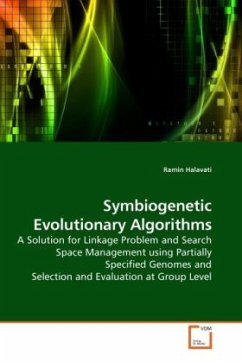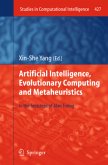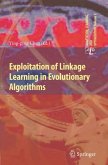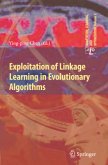Evolutionary algorithms are a widespread theme in artificial intelligence. Inspired from Darwin s theory of evolution, these algorithms are based on small variations in the genetic code of a population of organisms along with survival of the fittest. While being a very successful approach, there are some problems that must be dealt with during the design stage of these algorithms such as genome design and building blocks management. To overcome these problems, this book proposes algorithms based on the rather newer theory of Symbiogenesis. This theory presents cooperation as the main force of evolution and knows the accumulation of random changes in genetic code of the organisms insufficient for the evolution of life. Along with the general idea of a Symbiogenetic Evolutionary Algorithm, implementations on different tasks including function optimization, data mining, and artificial immune systems are presented and it is shown that the new algorithm has an easy design stage and requires less run time in compare to the rival algorithms. The book is recommended to artificial intelligence practitioners working on evolutionary algorithms, data mining, optimization, and machine learning.








